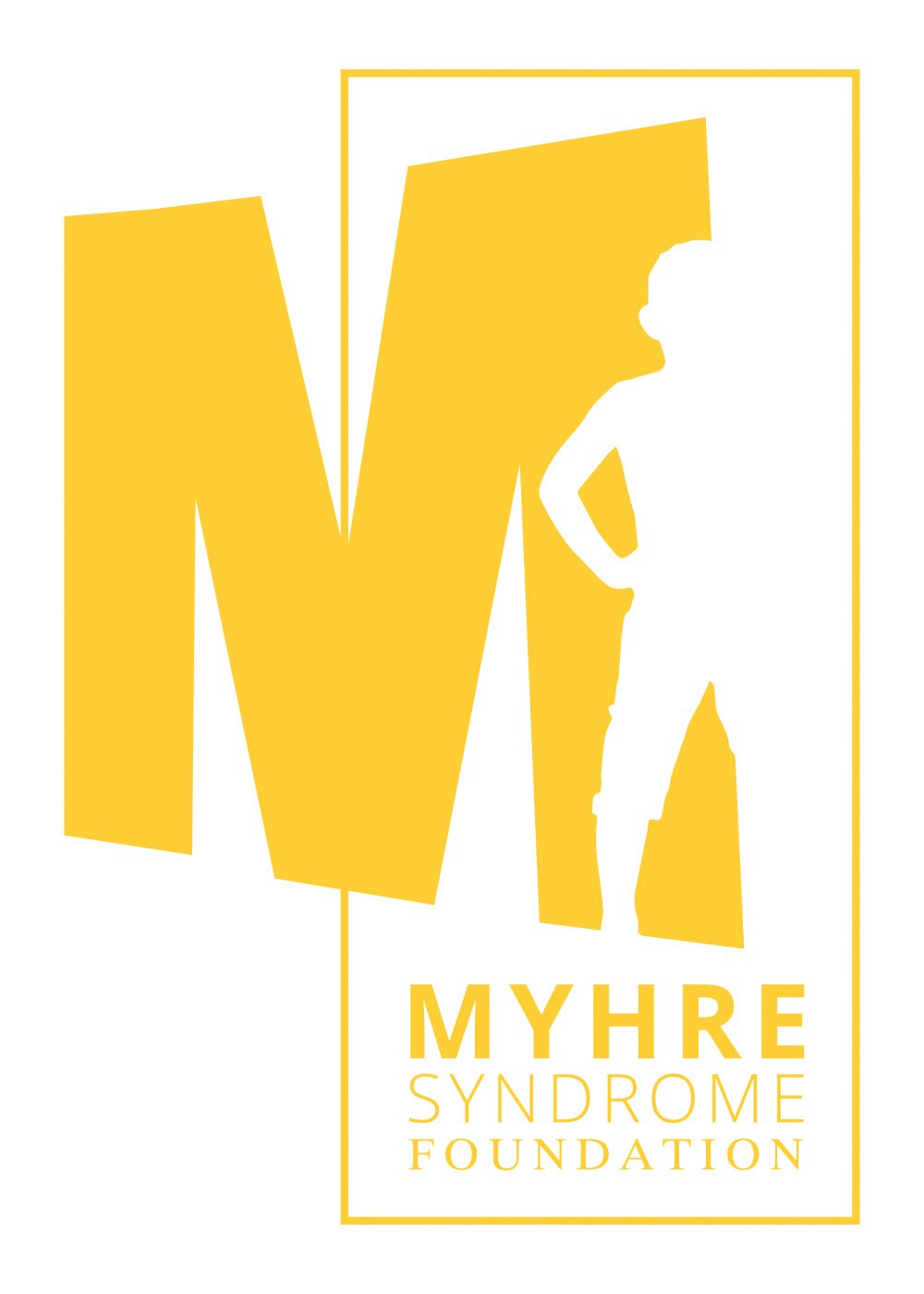Myhre Syndrome Foundation has awarded $150,000 in research grants to two awardees that will advance knowledge of Myhre syndrome.
Applications opened in September 2021 for the first International Research Grant Program, inviting researchers and clinicians from around the world to put forward their proposals to advance knowledge and understanding of this complex syndrome.
MSF was particularly interested in funding research projects that have the potential to accomplish one or more of the following:
Identify novel therapies that may significantly improve the quality of life of individuals with Myhre syndrome;
Address an important or novel research question related to Myhre syndrome;
Investigate an aspect of Myhre syndrome that is less well researched or is a promising new area for research;
Promote and encourage Myhre syndrome research in young investigators;
Produce preliminary data that would facilitate broader or more substantial funding from agencies, foundations, or corporations in the future;
Discover a cure for Myhre syndrome.
The first awardee is Dr Bert Callewaert, Ghent University, Belgium, his team will establish a zebrafish model to determine the disease mechanisms and to test potential therapeutic therapies.
The second awardees are Dr Angela Lin and Dr Mark Lindsay, Massachusetts General Hospital, Boston. Their team will define the cardiovascular phenotype in humans with Myhre syndrome and use a mouse model to examine the features of the cardiovascular manifestations to improve treatment and aid prevention.
Both proposals were commended on the potential impact to advance knowledge and treatment options for Myhre and provide longer term opportunities for development. The proposals also align with the priorities that the Myhre community identified.
Kathy Young, Myhre Syndrome Foundation Vice-President and Scientific Committee leader said, “We are delighted to award grants to two well established research institutions, this funding will move forward knowledge on incredibly important areas for Myhre syndrome. We are so grateful to everyone who supports the foundation, as you made this possible.”
